Letter to the Editors: Our Paper’s Past as a True Forum

March 1, 2020
“It is most refreshing to find out that Latin’s snobbism, as reflected in the student newspaper and general conversation, hasn’t risen above the norm for most elite, private schools.”
So begins Greta Weil’s scathing critique of the Latin School, published in Latin’s own school newspaper in March 1970. Though an opening line like this would turn heads in The Forum of 2020, such controversy was not at all uncommon in this same newspaper four or five decades ago. Printed on genuine newsprint paper, a special-edition Forum retrospect from 1972-1987 displays numerous contentious headlines:
Board Suppresses Student Expression
Latin Inc.
Black Student Union Criticized
Student Government: A Waste of Time
Latin Administration Censors Play
Cheating Survey: SHOCKING
In a past era of our school, The Forum was clearly no stranger to bold opinions, open discussion, and issues relevant to the student body. Headmaster Ed Van Gorder wrote in a blurb published in each edition, “I hope these pages will become a true forum with all the Latin community contributing.” The Forum of the past functioned as just that: a forum for students, alums, headmasters, and even board members to express and discuss their opinions on hot topics. The Forum did not try to take on the role of competent national newspapers in reporting current events. It did what only a school newspaper can do: provide commentary on the contemporary student experience.
While the occasional issue of The Forum still sparks discussion, like how “Dear Anorexia” incited conversation about body image at Latin and “Commentary on BVA’s Open Letter to the Community” raised questions about discrimination, most issues come and go with little friction. According to faculty advisor Frank Tempone, “Stuff used to be raw and exciting when [David] Fript led it.” A lack of discussion-prompting content in today’s Forum may relate to the paper’s trend of covering national and international news.
“Anyone in search of national news is going to CNN or social media before The Forum,” said Peter Jones, Co-Editor in-Chief of The Forum. Latin’s school newspaper will never take the place of major news sources, nor should it attempt to do so. Peter recognized, “We have an obligation to our audience to provide Latin students’ opinions a platform,” so he and his fellow editors hope to “prescribe more Latin-centric articles than [they] currently do” in order to fulfill that obligation. This one shift could help The Forum re-establish its importance in Latin’s community, but are there other issues at play?
In the past, The Forum embraced its namesake and functioned as “a medium of open discussion or expression of ideas.” Journalism in general and a true “forum” should uncover raw, relevant ideas and invite dialogue from the community on these topics, which demands a level of discomfort. In this age of political correctness and the hope for civil discourse, modern society encourages people to respectfully refute opposing ideas. So why, for the most part, does The Forum publish more superficial articles now than twenty years ago during the age of Greta Weil? Our 21st century focus on inclusivity may function in the opposite direction as well: out of a fear of offending others or feeling uncomfortable, writers and students stray from discussing the big, controversial issues they face—at Latin and in their own communities. They have forgotten the distinction between feeling unsafe (a situation no writer or student should find themselves in) and feeling uncomfortable.
In the world of 1973, when The Forum existed only in print, neither the writers nor the administration needed to worry as much that articles might damage the school’s public image. Today, The Forum’s public status makes it easy for any prospective student, board member, or college to see and share what Latin students think about their school. While the public nature of the publication can inspire writers, it also comes with drawbacks.
The Forum’s faculty advisor, Frank Tempone, considered, “If we start writing about all the things happening in school on a public website…”. Tempone trailed off in contemplation about the potential effects and administrative repercussions of publishing major school issues online.
Forum Writer Angela Gil echoed Tempone’s tentativeness: “If I were to write an opinion piece, the ‘public’ aspect of the publication would definitely influence the way I wrote about it […] Everything I write will be there for future employers and college admissions staff to see.” In trying to legitimize and broaden the newspaper’s scope with a public status, The Forum may have unintentionally limited some students’ willingness to express themselves freely.
Reflecting on the paper’s past as an outlet for free speech, David Fript recalled of his tenure as The Forum faculty advisor, “I never involved the administration in anything we printed, and they never tried to be involved in anything we printed… [The Forum] was a totally independent body for students run by students.” Though Tempone recounted a similar relationship with the current administration, he still feels pressure to “protect the reputation of the school.”
Tempone commented, “Mr. Greer is so hands off. If anything, I am going to him.” He shared that with some of the personal pieces in particular, he believes it important to involve counselors to help protect students. When an article calls a student’s safety into question, such involvement, and perhaps anonymity, is certainly appropriate.
While administration today is not publicly involved in The Forum, past headmasters took it upon themselves to actively encourage opinion pieces on schoolwide topics. Starting in December 1969 through the early 1970s, every issue of The Forum included the following blurb:
“The right to express strong controversial opinions publicly is recognized as fundamental to a democracy. Included in each Forum are pages clearly identified as expressing individual opinion and not in any way meant to reflect the opinion of the editors or the school administration. I hope these pages will become a true forum with all the Latin community contributing. We will try to publish all reasonably written articles which fall within legal boundaries and broadly defined boundaries of good taste. Authors will always be identified.” Ed Van Gorder, Headmaster
Should it decide to change, The Forum has the support of its rising editorial board, its faculty advisor, and decades of archived historical precedent.
So, to the rising generation of Forum contributors and Latin School students, a quote from ‘73 Editor-in-Chief Greta Weil: “For a newspaper to be truly representative of a student body, students must be ready to take constructive action in making it what they want it to be.” Classes of 2021 and beyond, this change is up to you.


































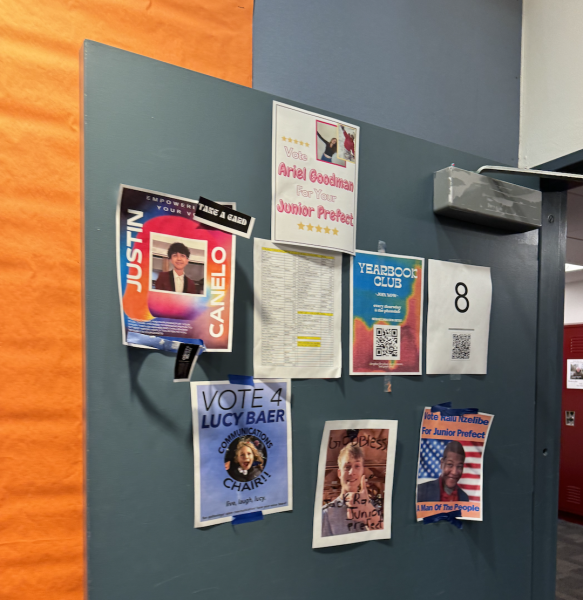
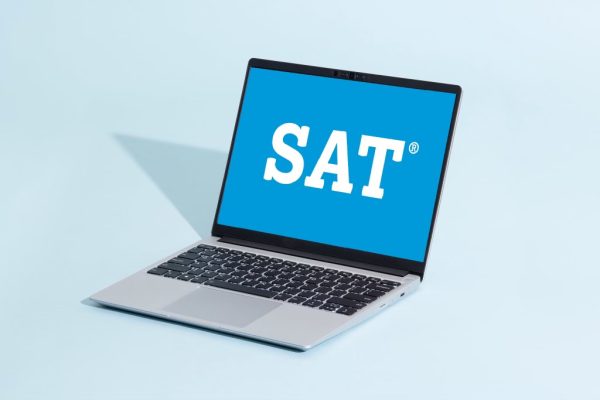

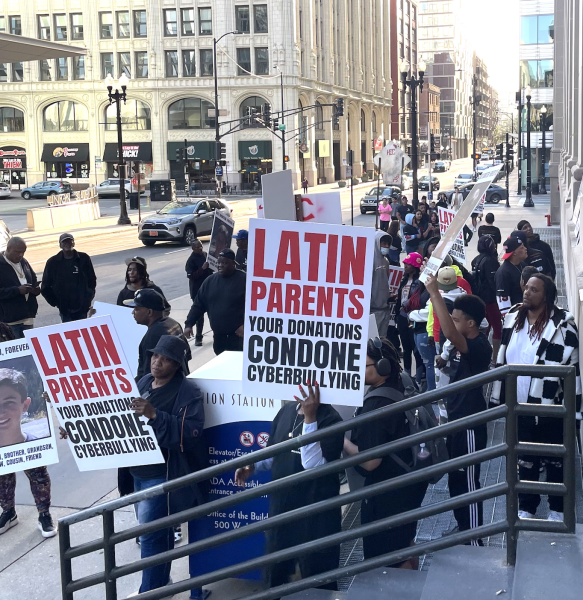


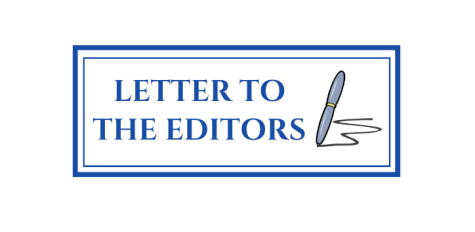
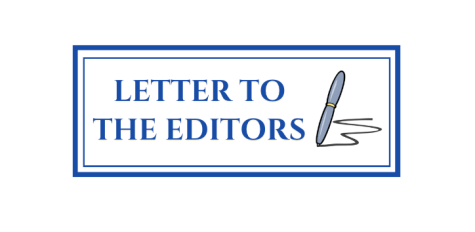

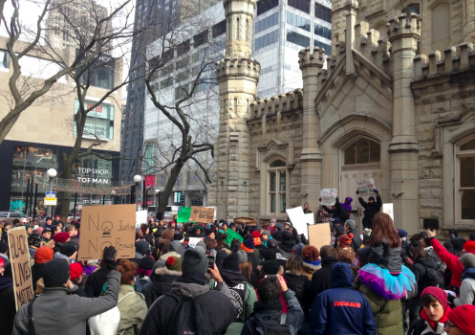


Robin Saichek • Apr 27, 2020 at 10:10 pm
The article Latin Applies for Paycheck Protection, Raises Ethical Concerns, by Co-Editor-in-Chief Peter Jones, was so thoughtful and so well written. I just wanted to pass that along!!!
Marianne Mihas • Mar 2, 2020 at 10:03 pm
This article calls for free speech, so I will exercise that right given that the authors would like The Forum to be more of a community publication as well as more controversial. I appreciate the author’s intent to explore the ways The Forum can improve, but am confused why they did not address how The Forum is looking for ways to better itself, as seen in their recent trip to the Lab school to learn about their school newspaper. I would also contend that the article regarding free speech in school papers is rather bold I question if the authors actually used all the sources they collected, or if they possibly suppressed voices that did not agree with their own when crafting their article, particularly because the authors have not previously been heavily involved in The Forum. While I do not write, I actively read The Forum, and although I understand many students at Latin do not, I do not think writing an article critiquing the whole paper itself will change any of the things mentioned above. I know how much work not only the editors, but also the staff writers put into The Forum, and I think this article neglects to even acknowledge the work that was put in to edit and publish this article for the authors whose goal seems to be to insult the paper on large. The Forum and the effort that students put into it should be acknowledged, and I hope the Latin community can come to appreciate the work of the editors, writes, and Mr. Tempone in creating this largely well-done publication.
Isabel Coberly • Mar 3, 2020 at 7:18 pm
Marianne – Thank you for your response. You’re right, this is the kind of discussion and civil debate that we’d like to see more of in The Forum! As supporters of discussion like this, we’d like to respond to some of your comments as well.
First, you say that we failed to address The Forum’s own actions to improve. We did hear about their trip to Lab and other independent schools, and we think it’s a great effort on their part. However, we drafted this piece long before that trip occurred; a suggestion that we purposefully ignored this effort is inaccurate. Additionally, our interview with Peter serves this purpose exactly: to show how The Forum’s editorial board is already taking initiative to change.
Second, we did not intentionally “suppress” voices and opinions that diverged from ours. It’s true that when writing this piece, we reached out to more writers than we ended up including in the final article, as is common practice when writing any essay or journalism piece. We used their responses to gain a general understanding of how writers feel about The Forum as a public platform, and what we found was that there did exist writers whose writing may be impacted by the paper’s public status. The existence of this group in itself, while it may not be representative of all opinions, is cause for concern. Reporting Angela Gil’s quote alone does not “suppress” the opinions of those in the dissenting group whatsoever; we did not claim that our quotes reflected “all” opinions, merely “some.”
Finally, presuming that we wrote this article purely to insult The Forum severely misses the point. We appreciate the hard work of our editors and writers, and absolutely did not intend to downplay the value of that work. (Though, as a clarification for all Forum readers, this piece was published as an independent Letter to the Editors and therefore wasn’t edited by its staff.) By sharing what we found in old editions of our paper, we hoped to reveal to current Latin students both a new understanding of what The Forum used to be as well as an example for what it could be. That’s not to say that our paper isn’t already well-written and well-edited by its dedicated staff, just that it has the potential to carry more impact than we feel it has in our four years in the upper school. You also suggest that because we aren’t “heavily involved” in The Forum, our voices and opinions don’t belong within its pages; we believe that whether a student has been a writer in The Forum since freshman year or is simply a consumer of its articles, The Forum belongs to each and every one of us. As committed readers of The Forum, we (like all members of the Latin community) have the right to express opinions in our own school’s “forum” for discussion.
– Isabel and Hannah
peternjones • Mar 4, 2020 at 1:29 pm
well said, Marianne; I further wonder whether the perceived changes in the sensitivity of Forum topics is due to the actions of the Editorial Board or the general changes in the social and political climate since the 70s.
Hannah Davis • Mar 4, 2020 at 5:30 pm
Latin, our nation, and the world are certainly different places than they were in the 70s, but I would think these changes (increased political polarization, our ability to voice our opinions on social media, etc.) should increase The Forum’s coverage of sensitive topics. If not these, what kinds of changes are you addressing?
Lulu Ruggiero • Mar 2, 2020 at 4:45 pm
Wow, great piece. I’d be lying if I didn’t search the Forum for an article on a recent student controversy that’d circle the school. Why is the website open to the public? I understand the benefits, but if it writers feel like that limits what they want to say, is it worth it?
alicebolandhemat • Mar 1, 2020 at 2:29 pm
To the reader who submitted their comment anonymously on this article:
To maintain our journalistic ethics, The Forum will not publish a comment without a name/email address attached to it. As writers, we write every article with our names in the byline knowing very well that people may not agree with what we have written. Yes, it is frightening, but more than that, it’s courageous. The Editorial Board encourages you to resubmit your comment from your Latin email with full support from The Forum staff. Reader, please join us in showing how The Forum welcomes all voices and criticism and is, in fact, a forum. Thank you for reading!